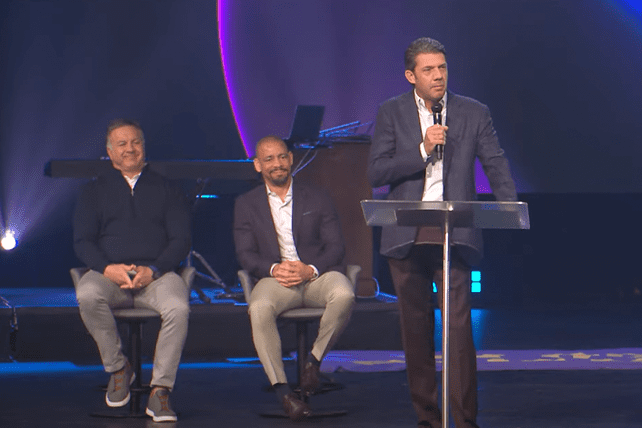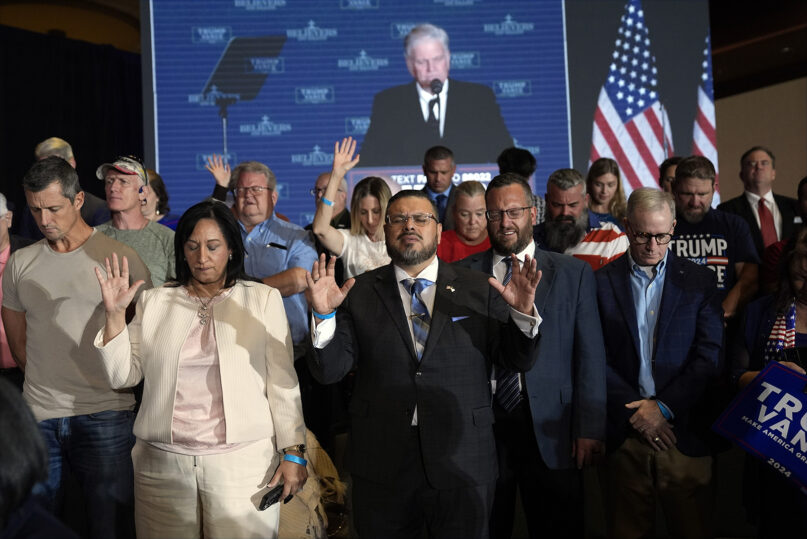“It’s really hard. It’s really hard,” said former Second Lady of the United States Karen Pence to students, faculty and staff at Colorado Christian University (CCU) in Lakewood, Colorado. Pence was referring to the challenges Christian educators face and gave her thoughts during a Q&A panel on Friday, Nov. 15, where she noted, “And it’s getting harder every day.”
Pence is the wife of former Vice President Mike Pence, as well as a mother, educator and award-winning watercolor artist. She counts being an art teacher among her many accomplishments and sees teaching as a calling from God. During her remarks, Pence drew from her experience as an educator to offer words of encouragement and exhortation to the CCU education majors who were present.
Karen Pence: ‘You Are Being Called’
Mike and Karen Pence joined CCU students, faculty, and staff, as well as other attendees, Friday as part of the inaugural event in Colorado Christian University’s President’s Speaker Series. The series “brings leading voices from politics, business, the arts, and more to the CCU campus to explore the intersection of faith and real-world action from Christian luminaries across all walks of life.”
Pence spoke several times Friday morning, while her husband briefly addressed attendees during a luncheon. Former Vice President Mike Pence is set to deliver longer remarks Friday evening.
During a lecture attended by approximately 250 people, many of them education majors at CCU, Karen Pence detailed how God had guided her in her career as a teacher and then as the wife of a politician. Pence taught elementary art and later took a role as art teacher at a Christian school during her time as second lady.
While Pence is proud of her accomplishments in her political roles, she was clear that “my roles as mom, wife, friend, teacher, Christ-follower were equally important, and my experience of learning from [Christ] at each stage and in each circumstance enabled me to serve him wherever he was calling me.”
After her lecture, Pence sat down for a Q&A session with Tammy Hogue, first lady of CCU, Dr. Deborah Scheffel, dean of CCU’s School of Education, and Dr. Jeffrey Renfrow, dean of the School of Education Professions.
In response to a question on how technology has impacted the field of education, Pence said, “I think you young teachers, as you head out, you’ll have to have a more of an ear to recognize when kids are struggling than I did when I was teaching, because now it’s just a real thing, and it’s an ever present danger to our to our young people.”
Quoting 1 Samuel 16:7, which says, “People look at the outward appearance, but the LORD looks at the heart,” Pence encouraged Christian teachers to help students focus on the heart “and not the outward appearance.”





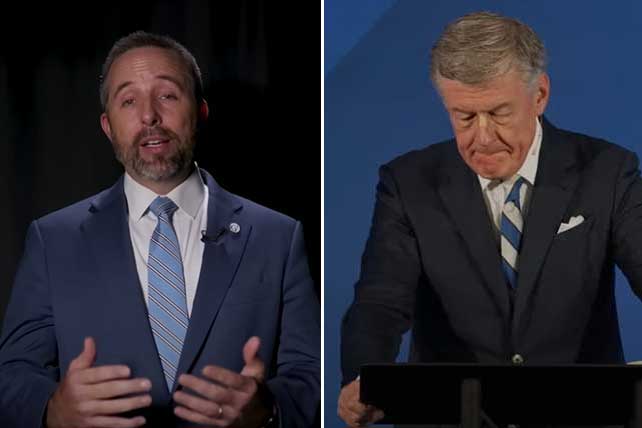
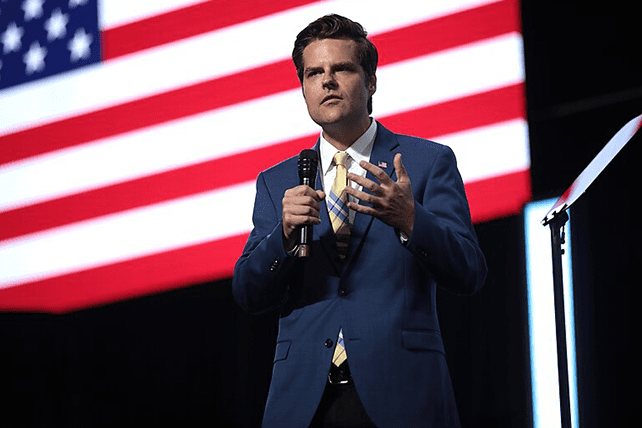

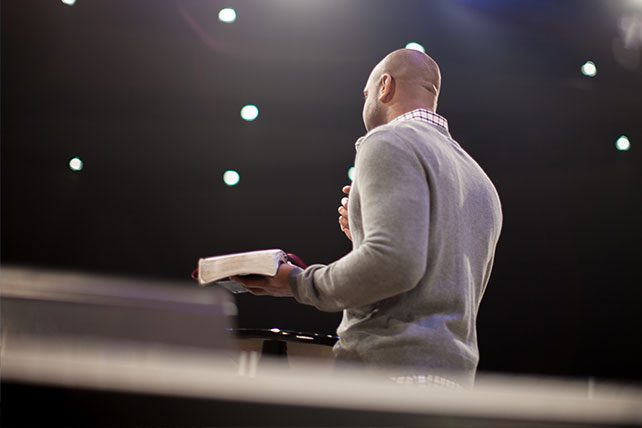






 Separating mental health and spiritual health is a form of
Separating mental health and spiritual health is a form of
 What’s the first thing that truly comes to your mind when you read
What’s the first thing that truly comes to your mind when you read 
